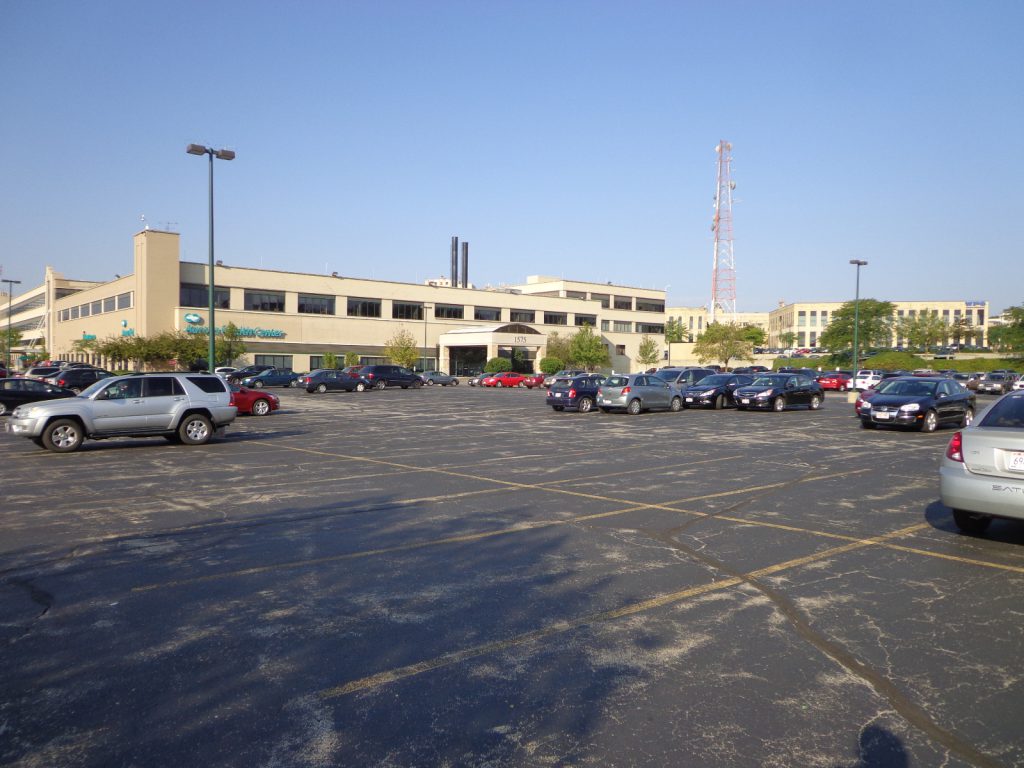The Perfect Tax?
All the city news you can use.
Every day at The Overhead Wire we sort through over 1,500 news items about cities and share the best ones with our email list. At the end of the week, we take some of the most popular stories and share them with Urban Milwaukee readers. They are national (or international) links, sometimes entertaining and sometimes absurd, but hopefully useful.
Los Angeles street cart design gets approval: For three years food cart vendors in Los Angeles have been looking for a food cart that would be approved by the LA County Department of Health, even protesting outside of city hall because of onerous standards. Health codes were created for brick and mortar stores, so fitting them into a small cart seemed impossible. Now a food cart designed by Richard Gomez has been approved to vend only tamales, but there’s hope this will lead to other innovations in the space. (Carolina A. Miranda | Los Angeles Times)
German Christmas market’s pandemic pause: In Germany, there are usually several thousand Christmas markets open around the country in the month of December. Unfortunately, the pandemic has put a pause on the markets which play an important part in creating a warm and welcoming cultural space during the winter months. Christmas markets date back to the middle ages and many of today’s markets can trace their roots to the 1400s and 1500s. (Amy McKeever | National Geographic)
The perfect tax: Housing affordability and homelessness has become a very pressing issue in cities around the country. Even with these issues, incentivizing the construction of new housing supply has been difficult due to exclusionary zoning practices and NIMBYism. One theoretical solution is the land value tax, in which the land is taxed based on its value but improvements are not. Because land is fixed and finite, there’s no avoidance due to non-construction on the land which makes many believe it’s the best solution. (Akhil Saxena | Brown Political Review)
Dutch consider floating homes: With climate change inducing sea level rise, the Dutch are continuing to embrace a future with more water in their country. To deal with this future, more and more houses are being designed to float, anchored by poles as waters rise. The designs have inspired others in countries such as French Polynesia and the Maldives, countries also threatened by the sea, to follow suit. (Shira Rubin | Yale e360)
Quote of the Week
Embodied carbon in existing buildings is a red herring, and it’s becoming part of the discourse in a way I think is a little alarming. Old buildings are not necessarily better buildings. And they come with a lot of problems that aren’t necessarily embodied carbon, like asbestos and lead.
–Kim Cheslak in Slate discussing the back and forth discussion over embodied carbon in buildings.
This week on the podcast, Linda Samuels, associate professor of urban design at Washington University in St. Louis, to talk about her book “Infrastructural Optimism.”
Want more links to read? Visit The Overhead Wire and signup.
Urban Reads
-
Oakland Launches Universal Basic Mobility Program
 Jul 21st, 2024 by Jeff Wood
Jul 21st, 2024 by Jeff Wood
-
How Traffic Noise Impacts Children’s Brains
 Jul 1st, 2024 by Jeff Wood
Jul 1st, 2024 by Jeff Wood
-
Number of Super Commuters is Rising
 Jun 22nd, 2024 by Jeff Wood
Jun 22nd, 2024 by Jeff Wood























The “perfect tax” is an invisible tax that someone else pays.